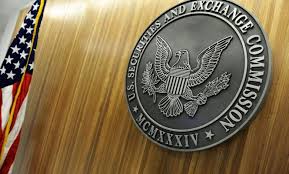The SEC has charged Digital Currency Group (DCG), its subsidiary Genesis Global Capital, and former Genesis CEO Soichiro “Michael” Moro for negligence and misleading investors about Genesis’s financial status. DCG, founded in 2015 by Barry Silbert, is a key player in the cryptocurrency industry, owning Grayscale Investments, the largest digital asset manager, and previously owning CoinDesk.
Genesis, established in 2013, faced financial issues after the collapse of Three Arrows Capital (3AC), which defaulted on $2.4 billion in loans. This left Genesis with a shortfall of over $1 billion. Despite these losses, DCG and Genesis publicly claimed their financial health was “strong” and that risks from 3AC had been mitigated. The SEC argues these statements were false and misleading.
To conceal insolvency, DCG issued a $1.1 billion promissory note to Genesis in June 2022, inflating its balance sheet without disclosing the terms to investors. Moro, who left Genesis in August 2022, is also charged for his involvement in these misrepresentations.
By November 2022, Genesis faced a wave of withdrawal requests and filed for Chapter 11 bankruptcy in January 2023, impacting its partnership with Gemini Trust Company’s Earn program, which affected around 230,000 customers.
In February 2024, New York Attorney General Letitia James expanded a lawsuit against Genesis, DCG, and Gemini, alleging they defrauded investors of over $3 billion. The SEC has fined DCG $38 million and Moro $500,000, issuing cease-and-desist orders. Despite these challenges, Barry Silbert announced new initiatives, including Yuma, a decentralized AI project, indicating a potential recovery for DCG after the 2022 crypto downturn.



